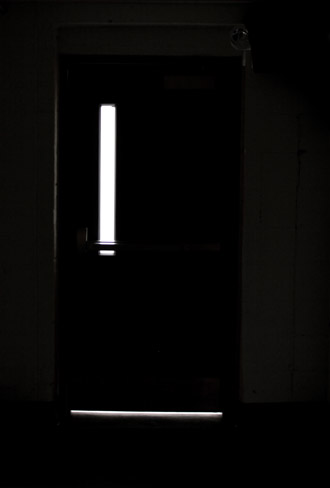1901: U.S. to Cuba: Our Way or We Stay.
Cuba to U.S.: We Can Manage Ourselves
The U.S. puts pressure on Cuba in 1901 when they form their Constitutional Convention. General Leonard Wood (the American military governor) warns Cubans not to select “the disturber and malcontent," to the Convention and to “bear in mind that no Constitution which does not provide a stable government will be accepted by the U.S.” The U.S. insists that the Cuban Constitution include the Platt Amendment.
Later that year, 31 delegates meet to begin the sessions of the Cuban Constitutional Convention. Protesting the mandate to include the Platt Amendment in their constitution, they adopt a constitution without it in February 1901.
After continued U.S. pressure and several votes, on May 28 the Convention accepts the Platt Amendment by a vote of 15 to 14. However, the document includes extracts from explanations of the Amendment, including the assurance that “the Platt law has for its object the guaranteeing of the independence of Cuba, and does not mean interference with its government.” The U.S. rejects the actions of the Convention and tells Cubans they “can't look forward to the withdrawal of the American army until the Platt Amendment is adopted verbatim, with no changes or additions.” Finally, on June 12, 1901, by a vote of 16-11, the constitution is accepted with the Platt Amendment verbatim.
On December 31, 1901, in an uncontested election, Tomás Estrada Palma, joint candidate of the National and Republican Parties supported by the U.S. (and an American citizen), is elected the first president of the Republic of Cuba.
